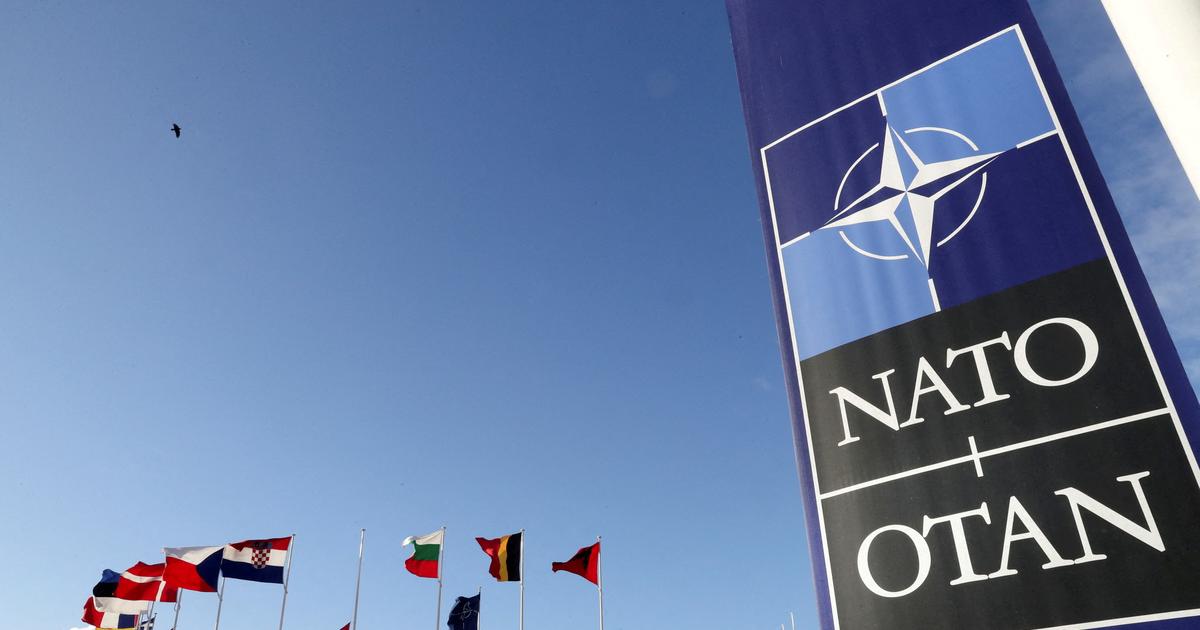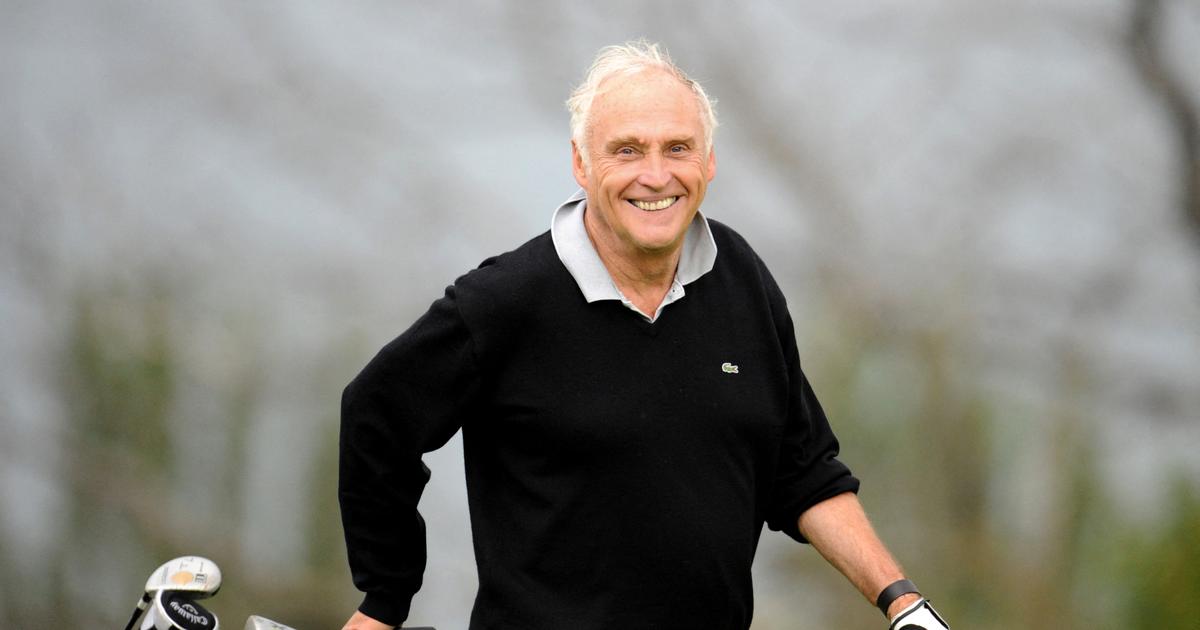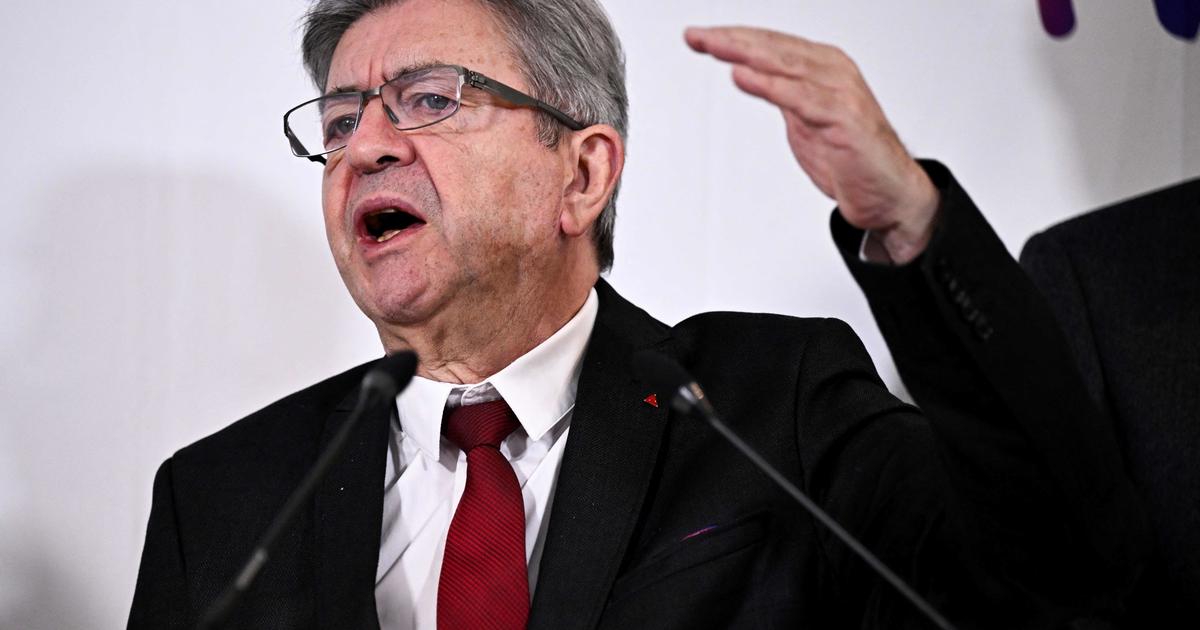Jean-Sylvestre Mongrenier is a researcher at the Thomas More Institute. He is the author of The
World Seen from Moscow.
Geopolitics of Russia and post-Soviet Eurasia,
PUF, 2022
FIGAROVOX.- Could Ukraine's accession to NATO facilitate negotiations with Russia or, conversely, would it not risk breaking all hopes of a peace agreement?
Jean-Sylvestre MONGRENIER.
- It is not a question of facilitating negotiations but of questioning the objective conditions which will allow Ukraine to preserve its freedom, its security and its territorial integrity.
It is clear that the status of "non-aligned", that is to say a form of neutrality, that of Ukraine after it had withdrawn its application for NATO membership in 2010, has been violated by Russia.
From 2014, by seizing
manu militari
of the Crimea, then by triggering a so-called "hybrid" war in the Donbass which has not ceased since.
On February 24, three months ago, Russia launched a large-scale offensive on Ukrainian territory, again breaking the commitments made within the framework of the Budapest Memorandum (1994) and that of the Russian-Ukrainian friendship treaty ( 1997).
Not to mention the Helsinki Final Act (1945) and the Charter for the New Europe (Paris, 1990).
Read alsoJean-Pierre Chevènement: “In Ukraine, an escalation of the conflict is quite possible”
As for the solution of "Finlandization", long presented in Paris as a diplomatic martingale, let us refer to the recent decision of Helsinki to apply for NATO.
In fact, this half-satellization had been suffered by Finland and was only a lesser evil (a lesser evil is always an evil).
Moscow weighed on Finland's external sovereignty but also on its internal political life, and even its intellectual and cultural life.
For example, there was no question of publishing Solzhenitsyn in Helsinki!
As soon as the Soviet bloc dissolved and the USSR dislocated, Finland worked to emerge from “Finlandization”.
For its part, Sweden has also redefined its status as a "non-ally", reserving the right to enter into an alliance.
Negotiating for the sake of negotiating, ignoring Moscow's real objectives, makes no sense.
Jean-Sylvestre Mongrenier
Finally, what "hope", what "peace agreement" are we talking about?
It is an expectation based on two unfounded assumptions: Vladimir Putin would like to end this war;
he would seek an arrangement, a “way out” we repeat.
Nothing like.
The master of the Kremlin wants to seize all or part of the Ukraine, and what he cannot conquer and control directly, he will destroy.
If he redefined his warlike objectives, by centering operations in Donbass and southern Ukraine, it was out of necessity.
That doesn't mean Putin has given up on his overall goal, even if he needs to take a strategic break after making further territorial gains.
Negotiating for the sake of negotiating, ignoring Moscow's real objectives, makes no sense.
Faced with Russia, can Ukraine do without the support of the United States to guarantee its security and territorial integrity? Wouldn't a European defense be preferable?
It is obvious that the support of the United States is essential, which recalls the importance of the transatlantic level and therefore of NATO in the defense of Europe.
It has been so since after 1945.
Need we remind you that it was the British and the French who, faced with “Russia-Soviet”, asked the Americans to engage militarily in Europe?
The Truman Administration and the United States Congress were not yet committed to negotiating a transatlantic alliance.
And when the Atlantic Alliance was signed on April 4, 1949, it was the French who insisted the most that the military organization provided for by the text (NATO) be quickly put in place.
As for the "Europe of defence" as it is conceived within the framework of the European Union, it is not the defense of Europe: the CSDP (Common Security and Defense Policy) is dedicated to "crisis management" and the missions entrusted to it are essentially civil-military.
This is moreover how it was conceived, defence, in the strong sense of the term, falling under NATO.
If this is so, it is because there is a consensus on the matter.
No European country, be it France or Germany, has the political will, the military capabilities and the legitimacy required to assume the role of the United States in NATO.
As far as I know, France has not officially adopted an explicit doctrine of extended deterrence.
The defense of Europe is largely based on the American commitment, even if the European allies contribute to NATO's strategic posture.
Jean-Sylvestre Mongrenier
Admittedly, the Treaty of Lisbon (2008) introduced a mutual defense clause (Article 42 paragraph 7), but the
Commonwealth
pan-European that is the European Union does not have the substance, the will and the means to protect Ukraine from future Russian aggression, after the strategic pause that Moscow could seek if the Don basin and the south of the country were conquered.
To transform itself into a fully-fledged global geostrategic player, the European Union would have to become a federation: the “United States of Europe”.
However, the objective conditions, the points of support and the factors leading to such a change are not met.
The European Union has not reached what Pierre Manent calls the “Ciceronian moment”, this tipping point from one political form to another.
The defense of Europe relies heavily on the American commitment,
Paris and Berlin opposed Ukraine's candidacy at the Bucharest summit in 2008. Is a consensus of the allies to integrate Ukraine into NATO in the midst of the conflict possible?
In fact, barely considered, Ukraine's candidacy was postponed
indefinitely
, Paris and Berlin blocking it during the Bucharest summit (April 2-4, 2008).
Their argument: not to provoke Russia.
Clearly, this policy of appeasement has failed.
Putin considered that the de facto refusal to integrate Georgia and Ukraine into NATO allowed Russia to attack and dismember them.
that's what happened.
We must learn the lessons of fifteen years of complacency and accommodation.
Obviously, it is better to be in NATO than to remain outside this security perimeter.
Do we seriously believe that Europe would be more stable if the Baltic States, Poland and the other countries of Central and Eastern Europe had remained in a “grey zone”?
Moreover, Finland and Sweden have understood that mere membership of the European Union and simple cooperation with NATO (the Partnership for Peace) would not be enough to guarantee their long-term security.
Will we come to denounce their frenzied and blind “Atlanticism”?
Finally, it is not a question of integrating Ukraine into NATO in the midst of the conflict, but of reflecting on the future conditions of the defense and security of this country.
What are the other possibilities?
The only integration into the European Union?
This would imply that the French and Germans, among others, are ready to grant Ukraine the security guarantees that they refuse it within the framework of NATO.
Without the United States then.
We can't believe it.
In fact, Paris and Berlin only envisage Ukraine's entry into the European Union in the long term.
What will happen in the meantime?
Would a status of neutrality suffice?
And who would guarantee this status?
Putin's word?
It is important to understand that the Russian threat hanging over Europe cannot be explained by a misunderstanding, a series of blunders or a technical-institutional problem.
Jean-Sylvestre Mongrenier
Would Ukraine's membership in NATO lead to an extension of the conflict to all of Europe?
Would a behavior of submission towards “Russia-Eurasia”, a revisionist power whose territorial ambitions are explicit and assumed in Moscow, protect us from war?
Should we believe in the peaceful intentions attributed to Putin, if he finally obtained the Donbass, and this at the cost of a war of conquest unprecedented since the Second World War?
It is important to understand that the Russian threat hanging over Europe cannot be explained by a misunderstanding, a series of blunders or a technical-institutional problem: this threat is structural, it is a geopolitical fact, and it must be countered.
This implies a device of defense and deterrence: peace through force.
If we want to guarantee the security and integrity of Ukraine in the future, and that of Europe, the appropriate structure is that of NATO.
Because the United States is a member and retains the means of a “hegemonic stabilizer”.
Because the strategic depth of the North Atlantic makes it possible to counterbalance "Russia-Eurasia".
Finally, let us note that the Don basin constitutes the eastern geohistorical limit of Europe.












